Many Australians will recognise QODE as the country's largest innovation festival. Each year, QODE attracts thousands of attendees, showcasing cutting-edge innovations from researchers, entrepreneurs, and thought-leaders from around the world.
In March 2020, Scholars of the Andrew N. Liveris Academy for Innovation and Leadership participated in a special seminar with QODE CEO Jackie Taranto and Chief Curator Gilad Grinbaum to discuss topics at the frontiers of science and innovation, including artificial intelligence, synthetic biology, advanced materials, space technology, energy, automation, quantum, and food security.
Following the seminar, the Liveris Scholars were invited to contribute to the official QODE Blog, sharing their personal perspectives on the impact of cutting-edge technologies, from AI-enabled 'smart bandages' to NASA's latest mission to Mars.
"These experiences support our Scholars to broaden their perspectives, and deepen their knowledge of emerging technology" Academy Director Professor Peta Ashworth said.
"As emerging thought-leaders, our Scholars have already shown an aptitude for effectively conveying complex ideas. This will hold them in good stead as they pursue their formal education at UQ, and engage with leaders from industry, entrepreneurship and policy/humanitarian fields through the Liveris Scholars Program".
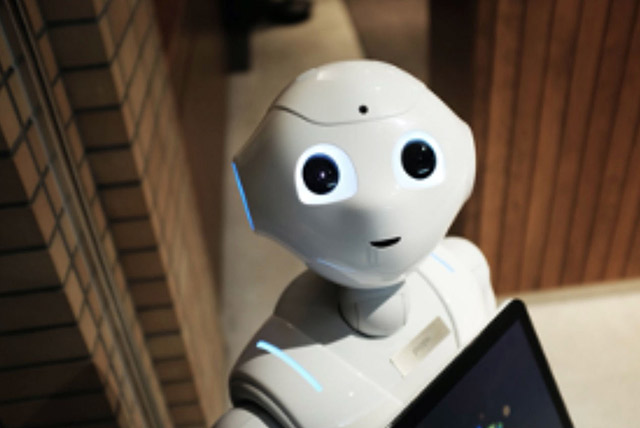 How humanising virtual assistants earns our trust
How humanising virtual assistants earns our trust
What do you perceive Siri to look like? Male or female? Blonde or brunette? Dressed in casual or formal clothes?
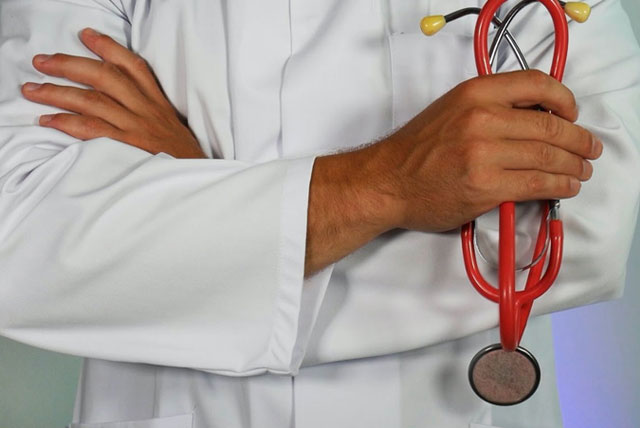 New ‘Smart Bandage’ to Cut Healing Times
New ‘Smart Bandage’ to Cut Healing Times
A new ‘smart bandage’ in development could cut wound healing times by up to 50%.
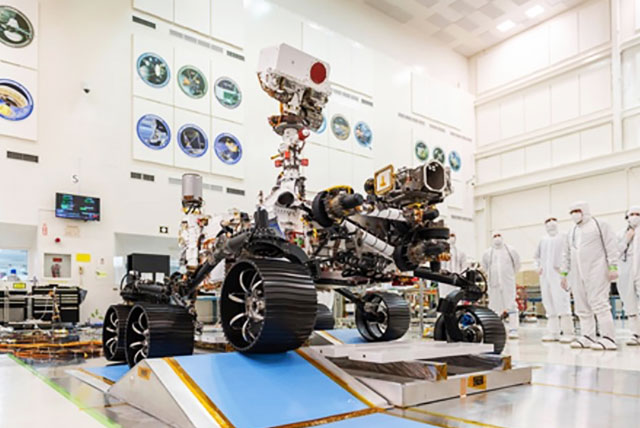 Our Next Step to the Red Planet
Our Next Step to the Red Planet
Tandem team of NASA robots prepare to discover the secrets of Mars.
By James Orman
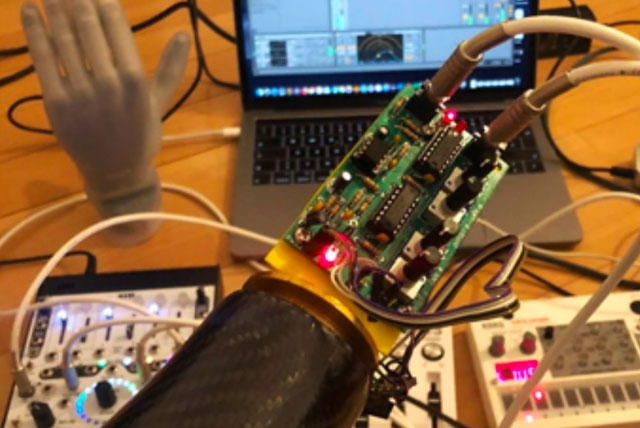 Prosthesis Hacking
Prosthesis Hacking
Increasing access to technologies has introduced this new wave of hacking prosthesis.
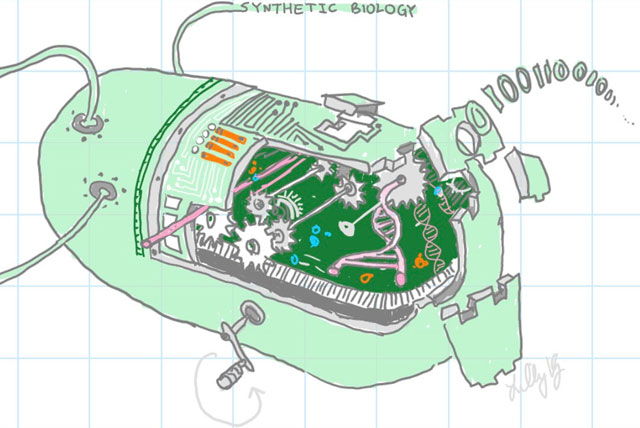 Synbio: Where Biology Meets Engineering
Synbio: Where Biology Meets Engineering
Scientists are working to edit the DNA coding of organisms to design and construct new biological systems, so what does this mean for the world as we know it?
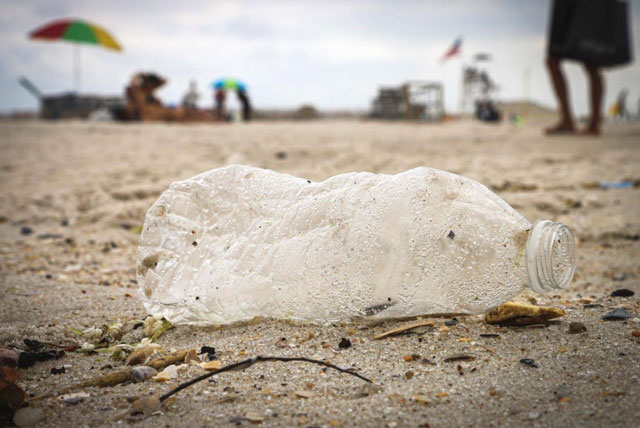 Synthetic Biology – Unlocking the Potential of a Coca-Cola Bottle
Synthetic Biology – Unlocking the Potential of a Coca-Cola Bottle
Synthetic biology can be used to decompose PET plastic packages to create a circular economy and sustainably manage plastic pollution.
By Megan Jones
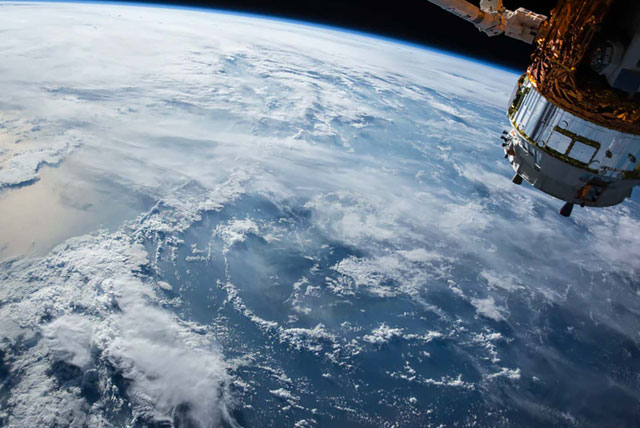 Taking out the space trash
Taking out the space trash
The removal of space debris from Earth’s orbit is vital for the sustainability of future space activities.
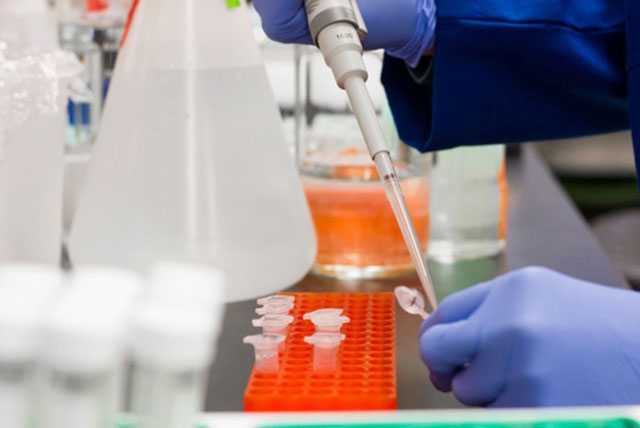 The RISE of Ribosomes
The RISE of Ribosomes
New method of modifying ribosome structure may lead to the creation of brand-new biosynthetic materials.
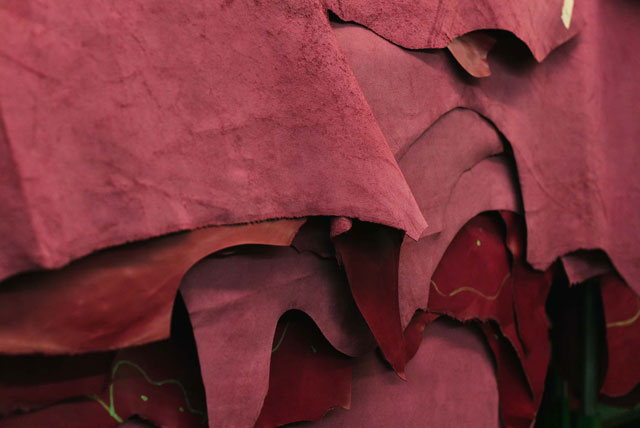 The world of Synthetic Biology Materials
The world of Synthetic Biology Materials
How we are harnessing synthetic biology for material development and what it means for our future.



